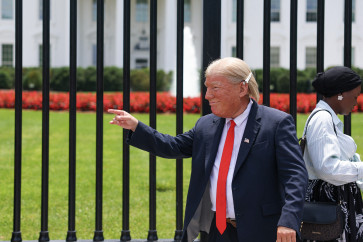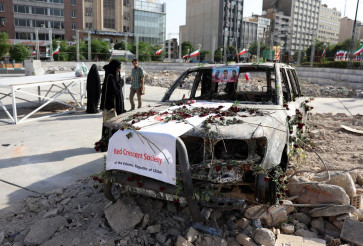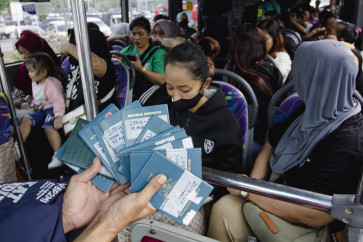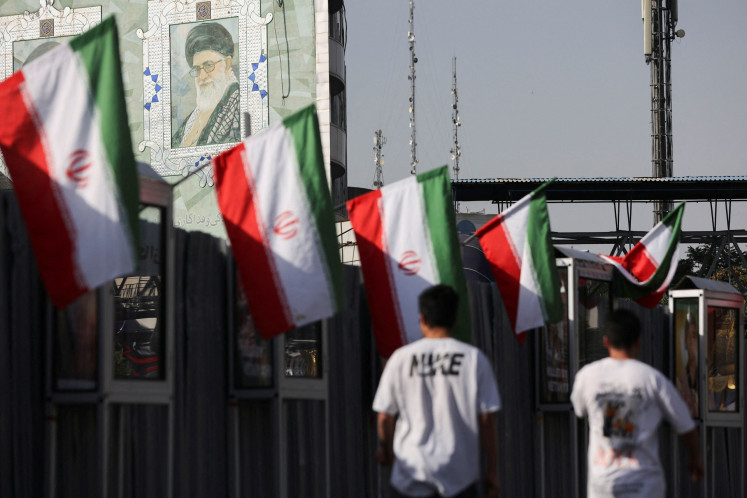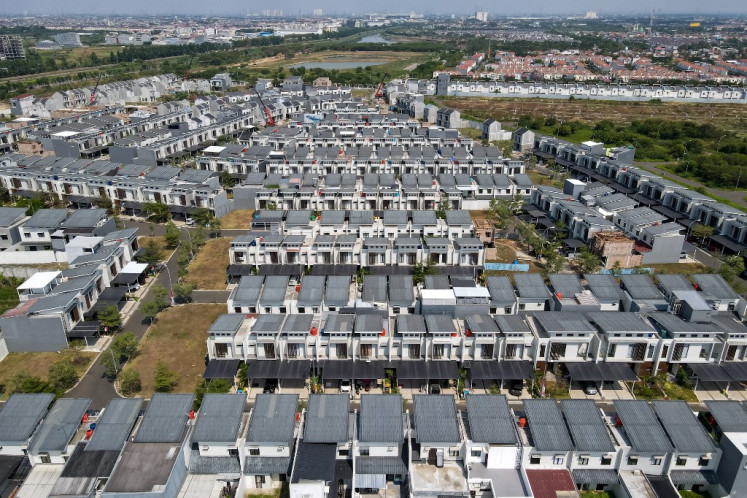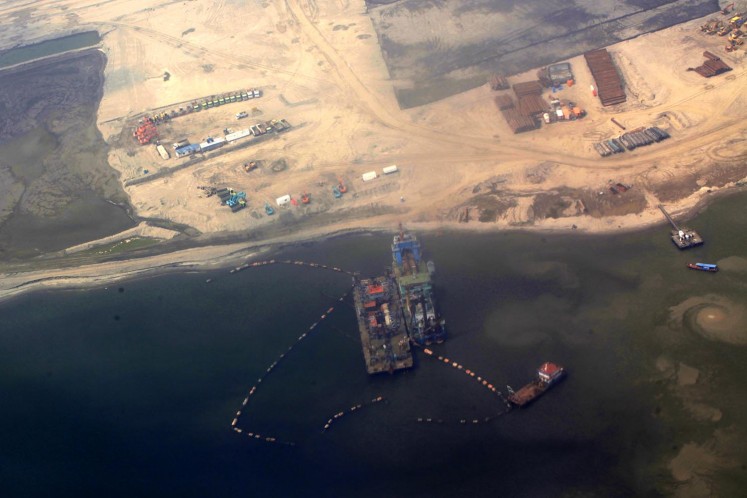Popular Reads
Top Results
Can't find what you're looking for?
View all search resultsPopular Reads
Top Results
Can't find what you're looking for?
View all search resultsCanada-Indonesia ties limited only by 'imagination'
The Canadian Embassy has played a significant role in development assistance in Indonesia since the start of diplomatic relations in 1952
Change text size
Gift Premium Articles
to Anyone

T
he Canadian Embassy has played a significant role in development assistance in Indonesia since the start of diplomatic relations in 1952. With a budget of C$38.66 million (US$37.22 million) last year, the areas assisted ranged from governance to human rights. Ahead of Canadian National Day on July 1, new Ambassador Donald Bobiash talked to The Jakarta Post's Ida Indawati Khouw, stating: :'The only limit to Canadian-Indonesian relations is our imagination.'
Question: What kind of development assistance do you provide to Indonesia?
Answer: Today, we focus on sustainable economic development, with a particular focus on North Sulawesi. We work on areas such as water, sanitation, health and small-scale agriculture development. In governance, we provide technical assistance to different elements of government.
Canada is looking for ways to enhance cooperation and development with Indonesia. This partly stems from the fact that our economy, unlike any other G8 economy, has been quite strong in the last few years. Our economic growth has been 2.5 percent over the last three years.
Of late, a lot of countries have tried to boost bilateral ties with Indonesia, a fast growing middle income country. A lot of official visits have been conducted, including those from developed countries, but it seems they leave human rights issues on the side. What is your view?
In the case of Canada, I don't think so. We follow the human rights situation. [Canada became the first country to engage in a formal bilateral human rights dialogue with Indonesia in 1990s].
Let me say that historically, Indonesia has been a very tolerant country in terms of religious pluralism.
Maybe persecuted religious minorities won't agree with you. International human rights groups and media reports say intolerance is getting worse under President Susilo Bambang Yudhoyono.
We have an active dialogue with all religious groups and we exchange views. I think it's important for diplomats to listen to the people. We are not here to tell people what to do.
After becoming aware of people's victimization, what do you do?
We try to understand what their position is. It's up to Indonesians to move forward in their own society.
We've worked with some NGOs like the Setara Institute on human rights issues. We've provided funding for a sort of human rights school organized by Kontras (the Commission for Missing Persons and Victims of Violence) that teaches human rights values and reporting.
In the field of religious pluralism, we've been active for a couple of decades through McGill University in Montreal. McGill has helped a number of state Islamic universities build their capacity. Hundreds of Indonesian scholars and academics have gone to Canada and then returned to their own universities.
What is the status of bilateral trade between the two countries?
In 2012, we did approximately C$3 billion worth of bilateral trade with Indonesia. Our exports in goods and services to Indonesia have almost doubled in the last three years.
Canadian companies are active in a wide range of sectors in Indonesia, including aerospace, engineering, oil and gas, mining, information and communication technology, power, agrifood and clean technologies. A number of these companies will be familiar to Indonesians, including BlackBerry, Manulife Financial and Sun Life Financial. Others include CAE, Talisman Energy, Husky Energy, SNC Lavalin and LaSalle College International.
Indonesian companies also invest in the pulp and paper sector in Canada. So more and more, investment goes both ways.
There are complaints from foreign companies regarding regulations that are sometimes not conducive for investment.
There are some concerns about regulations that may not be realistic or are applied haphazardly. The core of the issue is sometimes a lack of transparency and how the rules are applied. Investors are looking for the consistent application of rules over a long period of time. They don't like sudden changes and they don't like discrimination.
But overall, we are optimistic about the investment potential and we certainly recommend that Canadian companies come here and take a look at what can be done.
What about cultural and education sectors?
I would like to raise the profile of my country among Indonesians of all ages and different groups. The embassy will launch our Facebook page during our national day celebration on Thursday.
[Since 1974] over 1,000 Indonesians have participated in the Canada World Youth program. We assist young Canadians to live in Indonesia's villages with local residents for 2-3 months [and vice versa]. It's a very genuine people to people exchange program.
At present, there are some 1,000 Indonesian students in Canadian schools and universities.
The embassy issues about 14,500 temporary residence visas each year. Since 2010, over 50,000 Canadians visit Indonesia annually. Some 5,000 Canadians live here and about 14,000 Indonesians live in Canada.
In recent years, several big names in the Canadian music scene have performed in Indonesia, including David Foster, Diana Krall and Justin Bieber.

